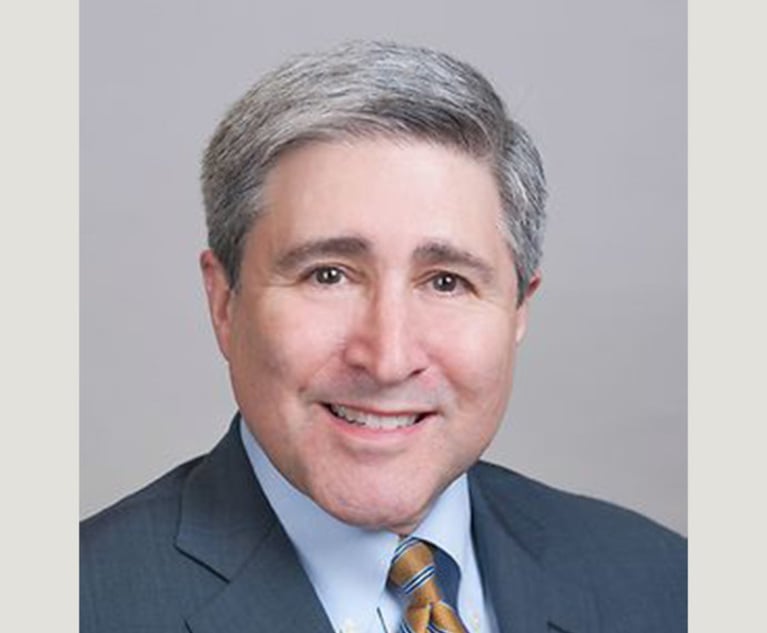Moments after their hopes of undoing Obamacare unraveled,President Donald Trump and top Republicans said in unison thatthey're moving on to another ambitious goal — overhauling the U.S.tax code.
|“We will probably start going very, very strongly for the bigtax cuts and tax reform,” Trump said to reporters Friday after theHouse bill was pulled from a scheduled floor vote. “That will benext.”
|House Speaker Paul Ryan told reporters that Republicans willproceed with tax legislation — and said he met with Trump andTreasury Secretary Steven Mnuchin earlier on Friday to discusstaxes. Ryan sounded a note of caution: The health bill's failure“does make tax reform more difficult,” he said, “but it doesn't inany way make it impossible.”
|Even before the health bill was withdrawn, two of the Trumpadministration's top economic officials were shifting theconversation toward taxes. Mnuchin and White House Budget DirectorMick Mulvaney both said Friday that the White House is at work on aplan for both individual and corporate tax changes that's comingsoon.
|Still, Ryan's frank assessment of his party's missed opportunityon health care Friday afternoon might just as well apply to taxlegislation. “Doing big things is hard,” the speaker toldreporters.
|That sentiment reflected the mood of some anxious and frustratedRepublicans, who were unable to muster enough votes in their firstmajor test of governing in the Trump era. Several lawmakers said acomplete overhaul of the tax code — which hasn't been done in morethan 30 years — would be tougher in the wake of the American HealthCare Act's defeat, as might the rest of their agenda.
|“We have to learn that we're not just the party of no,” saidRepresentative Steve Womack of Arkansas, a member of the HouseGOP's whip team. “We have to learn how to govern.”
|This month, Trump, a billionaire businessman who touted hisexpertise on tax-avoidance strategies during his campaign, had attimes seemed wistful about letting tax issues take a back seat tohealth policy. On Monday, during a campaign-style rally inLouisville, he told the crowd: “We want a very big tax cut, butcannot do that until we keep our promise to repeal and replace thedisaster known as Obamacare.”
|Now, he and fellow Republicans will face heightened politicalpressure to deliver on taxes, and the president's tactics may haveto evolve, lawmakers said.
Presidential Lesson
“My guess is he has learned through this process that politicsis different from business,” said Representative Bill Huizenga, aMichigan Republican, on Friday afternoon. Lawmakers answer to theirconstituents, not the president, he said. “There's no ability tosit at a table and say 'You're fired.'”
|One difference that's already apparent: Lawmakers andadministration officials seem inclined to take more time on taxlegislation. The health-care bill was introduced, marked up, passedthrough committees and scheduled for a floor vote in just a fewweeks. On taxes, House leaders have said they hope to pass a billby August. Top Republican senators say it may take longer thanthat.
|It's unclear how Trump will propose to change tax laws. On Feb.9, he promised a “ phenomenal” tax plan in two or three weeks. Thatwas six weeks ago.
|His tax proposals changed over the course of his campaign — byElection Day, his plan had moved closer to the blueprint that Ryanand other House leaders prefer. Both plans would consolidate thenumber of individual income-tax rates to three from the existingseven; the top rate would drop to 33% from 39.6% currently.
|Trump has said he wants a “massive” tax cut for the middleclass, but independent analyses of the House tax blueprint haveconcluded that it would benefit high earners far more.
|On corporate taxes, Trump and Ryan have yet to forge anagreement — particularly over the controversial issue of “borderadjustments.” Ryan favors replacing the existing 35% corporateincome tax with a 20% tax rate on companies' domestic sales andimports. Exports would be excluded.
|That border-adjusted approach, which opponents say wouldincrease consumer prices, has divided Trump's White House advisers,and the president hasn't yet announced a position on it. LeadingRepublican senators have also expressed reservations. Supporterssay higher prices on imported goods would be offset over time by astrengthening dollar.
|For all the controversy surrounding it, though, theborder-adjustment concept would raise an estimated $1.1 trillionover 10 years, giving Republican tax-cutters breathing space forreducing the corporate rate. Losing that provision will make itmore difficult to achieve revenue-neutral tax legislation,complicating its chances in the Senate.
Lower Baseline
The failed health-care bill would have helped. It contained taxcuts of its own, about $999 billion worth over 10 years that wouldhave been paid for by spending cuts — most of them in the federalMedicaid program that provides health care to the poor. Republicans said the resulting lower revenue baseline would havemade a revenue-neutral tax overhaul that much easier.
|Balancing revenue and cuts in the tax bill would allow it tobypass rules requiring 60 votes in the Senate, where Republicanshold only 52 seats. Democrats — none of whom supported the GOPhealth-care bill in the House — will be similarly wary on taxlegislation, said Senate Minority Leader Chuck Schumer of New York.If the bill winds up benefiting the wealthy and not themiddle-class, “it won't fly either,” he said.
|Democrats aren't the only potential obstacles. As Ryan learnedin the health-care setback, the divide between moderate HouseRepublicans and the conservative Freedom Caucus proved impossibleto bridge. “The moderates in our conference and the Freedom Caucusare truly at opposite ends of the issues,” said Rep. Chris Collinsof New York, a Trump ally. “And so you get one, you lose one, youget one, you lose one.”
|Mnuchin on Friday didn't address such concerns, as he predicteda smoother glide path for tax legislation. “Health care and taxreform are two different issues,” he said during an event sponsoredby the media company Axios. “Health care is complicated, tax reformis a lot simpler in some ways.”
|Also upbeat was House Ways and Means Committee Chairman KevinBrady, the House's top tax writer, who said Republicans intend togo “full steam ahead” on a tax overhaul, “and we're gonna work withthe administration to get this done.”
|“Look, we fought hard for Obamacare repeal, we did fall short,”he said. “I'm not discouraged.”
|Still, much depends on Trump's leadership; his advisers signaledon Friday that he'll take an active role. “When you see tax reformthe first time, it will be the president's plan and we'll drive thedebate on that,” Mulvaney said during an interview on ABC's “GoodMorning America.”
|To drive it effectively, Trump will have to change his ways,said Brian Walsh, a former Senate Republican leadershipaide.
|“He needs to engage early, often, and consistently, and take hismessage directly to the American people on the issues he caresabout,” said Walsh, who argued that Trump was unnecessarilydistracted on the health-care issue. “If the President heeds thelessons from this debate that could bode well for tax reform, butif he does not we could well see a replay of this mess in themonths ahead.”
|Bloomberg News
|Copyright 2018 Bloomberg. All rightsreserved. This material may not be published, broadcast, rewritten,or redistributed.
Complete your profile to continue reading and get FREE access to Treasury & Risk, part of your ALM digital membership.
Your access to unlimited Treasury & Risk content isn’t changing.
Once you are an ALM digital member, you’ll receive:
- Critical Treasury & Risk information including in-depth analysis of treasury and finance best practices, case studies with corporate innovators, informative newsletters, educational webcasts and videos, and resources from industry leaders.
- Exclusive discounts on ALM and Treasury & Risk events.
- Access to other award-winning ALM websites including PropertyCasualty360.com and Law.com.
*May exclude premium content
Already have an account? Sign In
© 2024 ALM Global, LLC, All Rights Reserved. Request academic re-use from www.copyright.com. All other uses, submit a request to [email protected]. For more information visit Asset & Logo Licensing.








